"Lilian" by Arnold Bennett is a story about a young woman named Lilian Share working in a typewriting office in London. Lilian feels stuck in her boring job and wants a more exciting life. The story begins with Lilian alone at night, feeling sad and wishing for something better. An event involving a night-watchman scares her and makes her really think about her life. The book also shares details about Lilian's past, like her protected childhood and the loss of her parents, which helps explain why she dislikes her current life. Her relationships at work, especially with her bosses Felix and Miss Grig, make it even harder for her to find independence and love, showing the book is about chasing dreams and feeling trapped.

Lilian
By Arnold Bennett
Yearning for a life beyond the confines of her ordinary job, a young woman's solitude is broken, setting her on a path where she confronts her past and grapples with the complexities of ambition and love in a world of appearances.
Summary
About the AuthorEnoch Arnold Bennett was an English author, best known as a novelist, who wrote prolifically. Between the 1890s and the 1930s he completed 34 novels, seven volumes of short stories, 13 plays, and a daily journal totalling more than a million words. He wrote articles and stories for more than 100 newspapers and periodicals, worked in and briefly ran the Ministry of Information during the First World War, and wrote for the cinema in the 1920s. Sales of his books were substantial, and he was the most financially successful British author of his day.
Enoch Arnold Bennett was an English author, best known as a novelist, who wrote prolifically. Between the 1890s and the 1930s he completed 34 novels, seven volumes of short stories, 13 plays, and a daily journal totalling more than a million words. He wrote articles and stories for more than 100 newspapers and periodicals, worked in and briefly ran the Ministry of Information during the First World War, and wrote for the cinema in the 1920s. Sales of his books were substantial, and he was the most financially successful British author of his day.


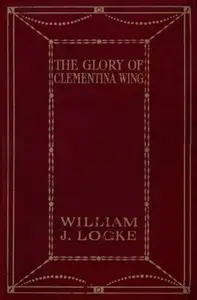


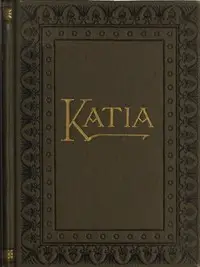
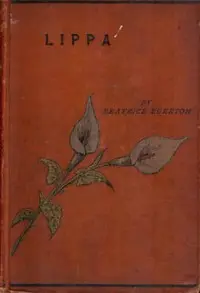
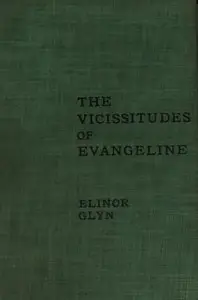







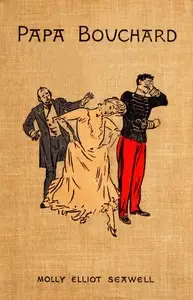



![The Cambrian Tourist, or, Post-Chaise Companion through Wales [1834]
Containing cursory sketches of the Welsh territories, and a description of the manners, customs, and games of the natives by Anonymous](https://cdn.a2-host.cloud/E4yinvgviSkFDtfcEU_yWu8g3kYzewiRXNgDVLH8frE/rs:fill:215:325:0/g:ce/aHR0cHM6Ly9zcC1hc3NldHMuczMudXMtd2VzdC0wMDQuYmFja2JsYXplYjIuY29tL2Jvb2svNjQxMzIvVGhlX0NhbWJyaWFuX1RvdXJpc3Rfb3JfUG9zdENoYWlzZV9Db21wYW5pb25fdGhyb3VnaF9XYWxlc18xODM0X0NvbnRhaW5pbmdfY3Vyc29yeV9za2V0Y2hlc19vZl90aGVfV2Vsc2hfdGVycml0b3JpZXNfYW5kX2FfZGVzY3JpcHRpb25fb2ZfdGhlX21hbm5lcnNfY3VzdG9tc19hbmRfZ2FtZXNfb2ZfdGhlX25hdGl2ZXNfY292ZXIuanBn.webp)